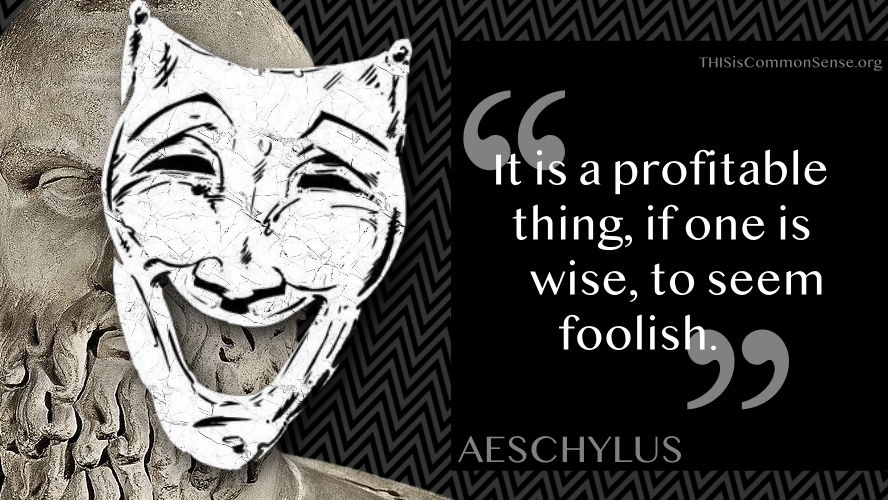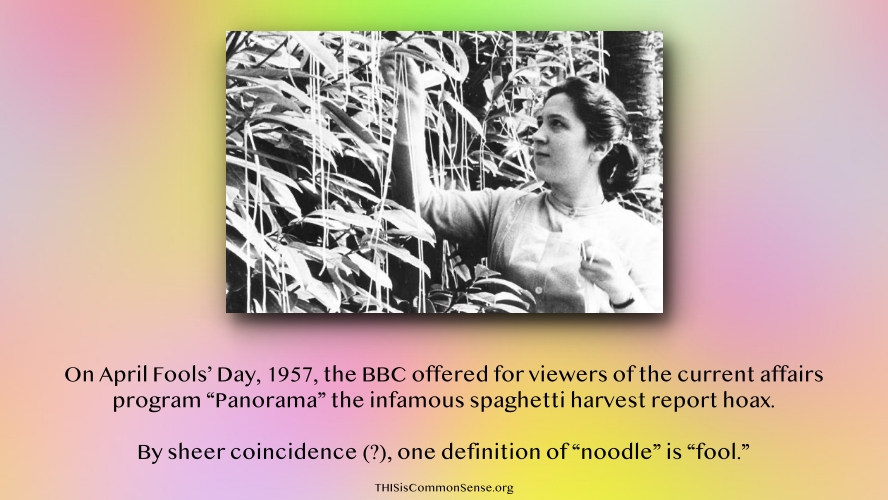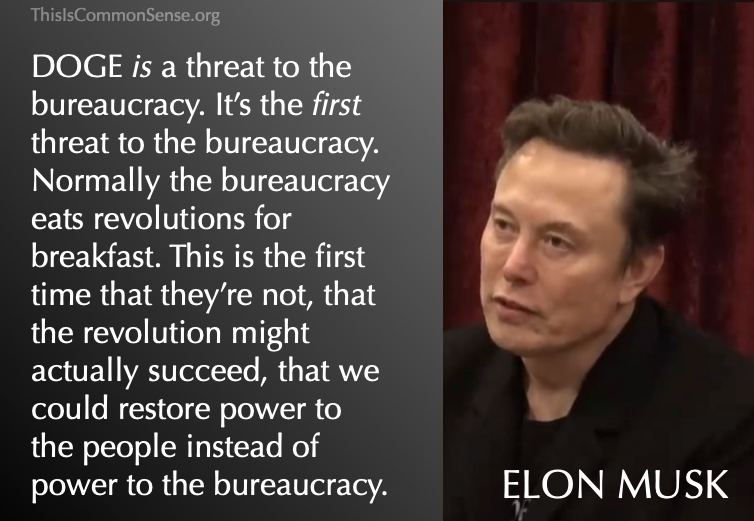“To this day I cannot tell you what Trump truly believes about tariffs,” Daily Wire’s Michael Knowles recently confessed. “Does he want tariffs instrumentally, to increase trade? Does he believe in tariffs as a revenue-raising mechanism? And is he hard-core on tariffs? I couldn’t tell you; the man is inscrutable.”
In “Tariffs Are Awful, But The Income Tax May Be Worse,” economist Walter Block seems less confused. “Donald Trump supports them on the ground that the McKinley administration was prosperous, and relied upon tariffs,” Walter’s Eurasia Review op-ed posits. Our free-market economist notes that this rests on a fallacy: “since A precedes B, A must be the cause of B.”
Professor Block offers a better “historical episode to shed light on this matter, the Smoot-Hawley Tariff of 1930.” You know, the tariff hike that worsened the Great Depression.
The best part of Walter Block’s refutation, however, follows his explanation of the Law of Comparative Advantage. He discusses the gains to our economy if the expert workers Trump fires from the IRS were to find work in the private sector.
And, contemplating the idea of switching from income taxes to tariffs, our widely-published octogenarian notes that “it takes relatively little labor to run a tariff system. Hey, we already have tariffs in place. An increase in their level would hardly call for much more manpower, likely hardly any more at all.” The gains of nixing income taxes would be vast; the harms of higher tariffs would be comparatively minuscule.
An interesting argument? Sure. But I don’t see politicians giving up the income tax any time soon.
This is Common Sense. I’m Paul Jacob.
Illustration created with Krea and Firefly
—
See all recent commentary
(simplified and organized)





